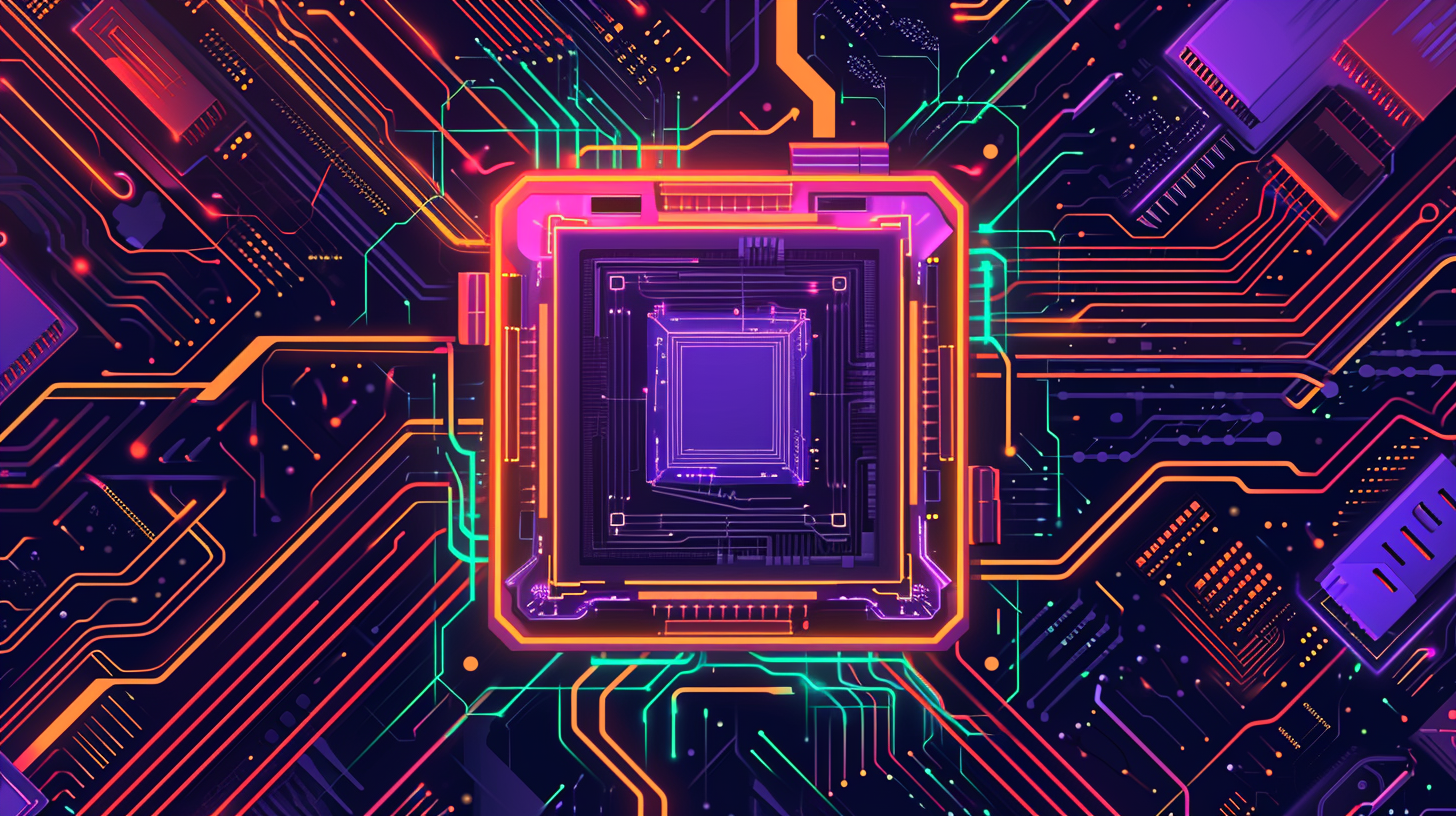ByteDance and Broadcom partner to develop AI chips

Key Points
- TikTok owner Bytedance is working with U.S. chipmaker Broadcom on a customized 5-nanometer AI processor that will meet U.S. export restrictions and be manufactured by TSMC in Taiwan.
- Production is expected to begin next year to ensure a supply of high-performance chips and reduce costs.
- Bytedance is actively researching generative AI and is using this technology in TikTok. However, Bytedance has limited access to AI chips compared to competitors such as Meta, which plans to deploy 340,000 Nvidia H100 GPUs by the end of the year.
TikTok parent company ByteDance is collaborating with US chipmaker Broadcom to create an AI processor, according to Reuters sources.
The custom 5-nanometer chip aims to comply with US export regulations and will be manufactured by TSMC in Taiwan. The project seeks to secure a supply of high-performance AI chips while reducing costs. Production is slated to begin next year. The two companies already collaborate in other areas.
ByteDance is researching generative AI and implementing the technology in TikTok, most recently with digital avatars. However, political restrictions limit the Chinese company's access to AI chips compared to its international rivals.
Reuters reports that ByteDance spent $2 billion on Nvidia chips last year. This is a small fraction of the investment made by social media competitor Meta, one of Nvidia's biggest known customers alongside Microsoft.
Mark Zuckerberg recently announced that Meta plans to deploy 340,000 Nvidia H100 GPUs and around 600,000 total GPUs by year-end. If generative AI becomes critical to social media services, ByteDance risks falling behind if it doesn't have enough compute.
Moreover, ByteDance's competitors not only have better access to Nvidia cards but are also developing their own AI chips. Meta's "Artemis" chip is set to enter production this year and will be used in the company's data centers for AI model inference.
Microsoft has also developed its own AI chips, Azure Maia, and an Arm-based CPU, Azure Cobalt, for its cloud infrastructure.
OpenAI is considering developing its own AI chips and is working with RainAI, a company creating a neuromorphic processing unit (NPU). OpenAI CEO Sam Altman is reportedly planning to raise significant funding to build a global chip infrastructure as an alternative to Nvidia.
AI News Without the Hype – Curated by Humans
As a THE DECODER subscriber, you get ad-free reading, our weekly AI newsletter, the exclusive "AI Radar" Frontier Report 6× per year, access to comments, and our complete archive.
Subscribe now